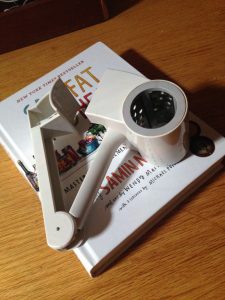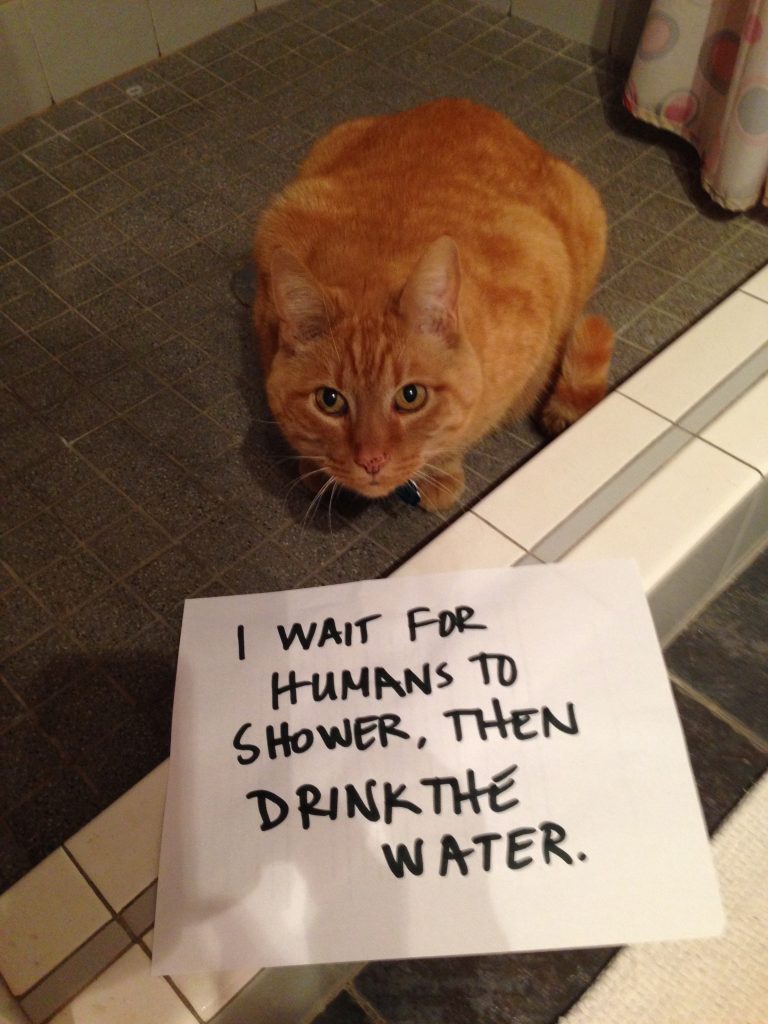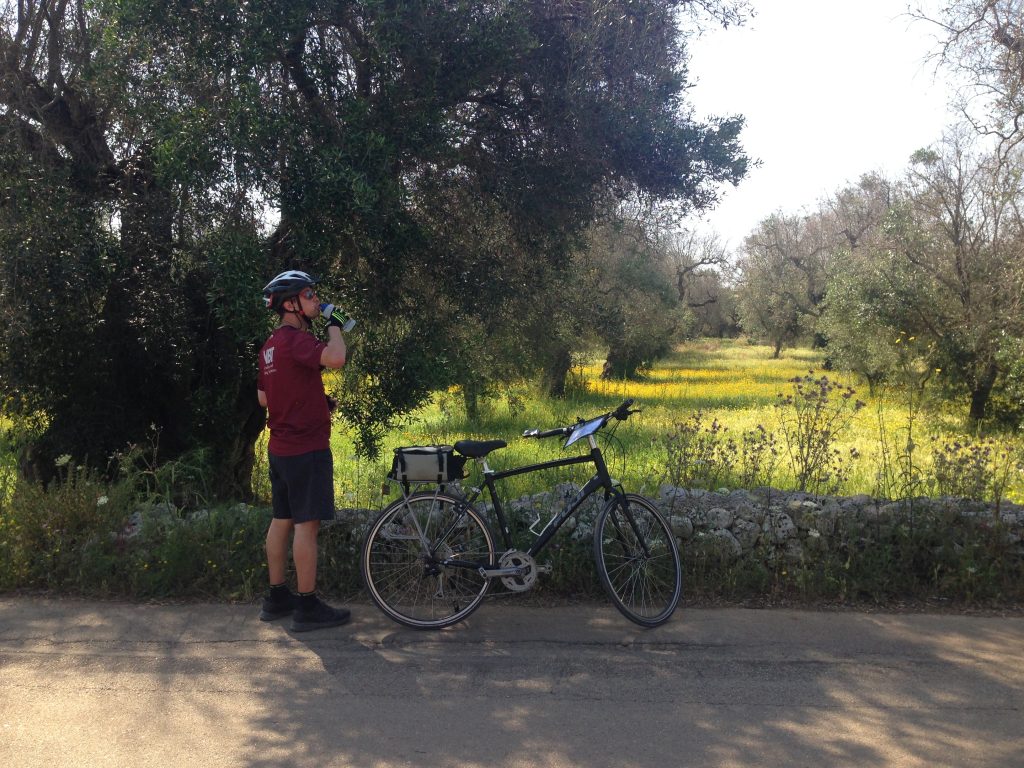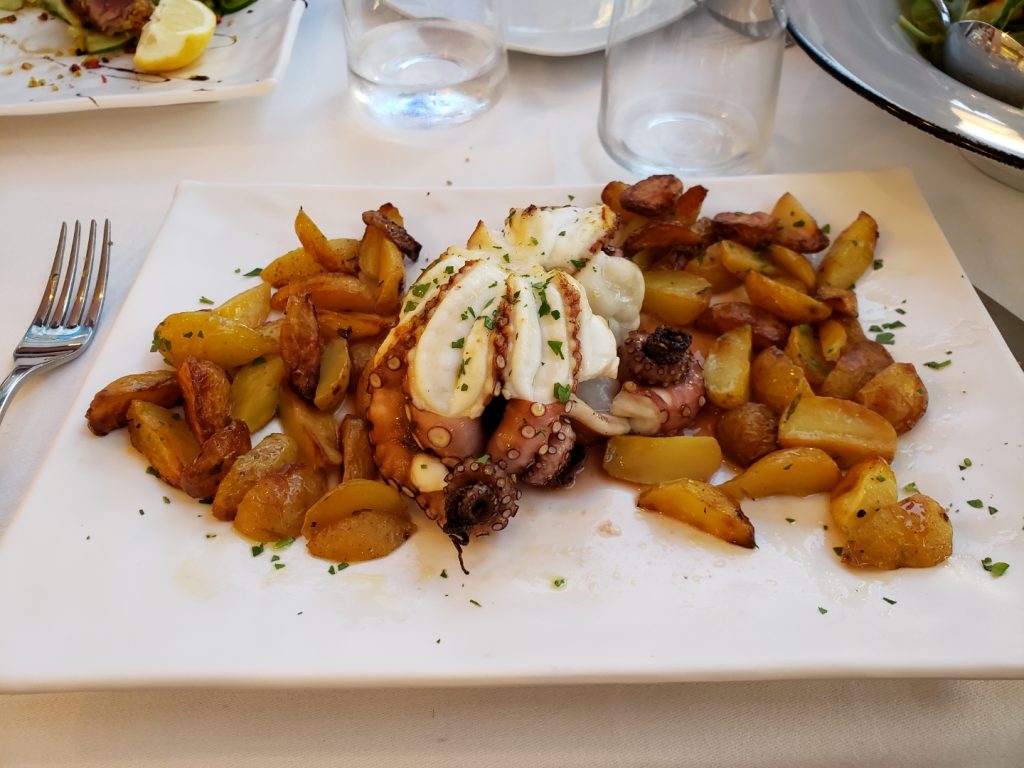Uncategorized
How to raise a hater
Three years ago, I saw a window into how you raise a hater. It was at, of all places, the movies.
I talked with my daughter, Paige, about it. She was there. She didn’t hear what I did, but she heard something else like it. I shared my experience and insight with Shahla. She encouraged me to blog about it, but the words got stuck. A lot.
When the world is full of haters, it’s not a good place for Sam and people like him, who need us to be our best selves. People are loving and generous for the most part, but I’ve seen the dark side, too. It’s easy to feel noble and loving and generous when it doesn’t really cost you.
After a white boy drove to El Paso in order to shoot innocent people yesterday, the words finally started to flow. We talk about preparing for mass shootings in the newsroom. We know we must. There’s nothing about our community that’s special. The haters are here.
Three years ago, I watched a father teach his son how to be a hater.
Oh, it wasn’t obvious. The boy didn’t even know he was being taught to be a hater. And the father didn’t know he was teaching it, either.
To get passed down, these things have to go slow. A father loves his son and wants to be loved by his son.
A trailer played for Hidden Figures, the movie based the early days of NASA and the first flight to the moon. I sat next to the father in the movie theater. The trailer made him uncomfortable. In between stunning images of rockets blasting through space, hints of the little-told story about the pivotal role that black women played in the program unfolded. He could bear it no longer. He leaned over to his son, who was probably 8 or 9 years old, and said, “We won’t be seeing that.”
I knew why he was uncomfortable. But his son didn’t. After all the previews played, the father said, “There are lots of good movies to see.” And the son added, “But not that space movie.”
A boy loves his father and wants to be loved by his father.
We were all there to watch Moana. Did the father not know what this Polynesian legend was about? Apparently not, Paige said, because after the movie he kept asking his wife: but where did they come from?
The father had too much discomfort. A family has to find a place for the discomfort when father is afraid. The needs of the one outweigh the needs of the many. To get passed down, these things have to go slow.
Our kids will do things, learn things, seek things that make us uncomfortable. We have to let them. They will still love us. They are becoming their own. They want, and can, do like we did when we were young, and make the world a little better than it was before. If we don’t let them, they won’t be resilient enough to survive all these changes. They will become a snowflake.
Or worse.
A hater.
Fare thee well, feline
It’s been ten days since we’ve seen our cat, Tiger, although I knew the first morning when I opened the back door and he didn’t show that he was gone for good.
Tiger came to live with us as an outdoor cat. He was one of several kittens that a co-worker’s wife found in a box on the side of the road fifteen years ago. We were living on the farm at the time and had been having trouble keeping cats, as often happens out in the countryside. But Paige was 10 years old and pining for a cat, so we picked the male orange tabby kitten for good luck.
Tiger proved to be a survivor. Even as coyotes, owls and other predators exacted their toll on our farm, Tiger knew when to hold ’em and when to fold ’em. When it was time to move into town, I was apprehensive. He’d lived on the farm for more than a decade. I got advice from other cat owners and the veterinarian. On moving day, I was ready with drugs and a crate, but as soon as the moving vans showed up in the driveway, Tiger, ever the survivor, hid out. Two days later, he got hungry enough for the new owner to catch him in the house and call me.
During the transition, he fought against the drugs so it was like having a drunk college student lumbering around the house as we unpacked boxes and filled cupboards and closets and bookshelves. After a week of supervised outdoor time, he started fighting the whole cat-on-a-leash thing. I opened the door and said, “good luck little buddy.” I don’t know what I was worried about. He was a survivor and he knew where he lived. That’s where his food dish is!
Now that he’s gone, I feel the loss, as I knew I would, even though I’ve also known I won’t get any more cats. I’m a dog person. I have been since I was a girl, obsessed with learning all the breeds of dogs and reading stories about dogs and pining for a dog myself.
While our dogs have reminded me of the rewards of loving unconditionally, I have to give props to Tiger, whose utter cat-ness provided insight into life’s more complicated doings and feelings.
He brilliantly established his personal space. Pet him just a stroke or two when he wasn’t feeling it and he bit your hand or arm or leg or foot to let you know. Even when he was willing to sit for a little cuddle time, you still got bit at the end.
He ate ritualistically: every half hour or so, he returned to the bowl to eat several bites. Ergo, we learned to always pause for a moment when we opened the door to let him in (or out) and forever keep kibble in the bowl.
He often joined the dog and I on the first block of a walk. Then he decided either we weren’t worth the effort or going into the wrong territory and he went off on his own.
When Paige went off to college, the cat expressed how distressing the empty nest was by peeing all over the pricey feather bed I bought to deal with a too-hard mattress. I didn’t even try to recover anything. The feather bed got tossed in the trash. I still sleep on that too-hard bed.
Farewell, old friend. We’re glad you came to stay.
Cycling close to the sun
Sam said he liked the country roads best on our family bicycling trip to southern Italy. There are 60 million olive trees in Italy and I do believe we pedaled past a hefty percentage of them.
In this photo, you can see he stopped next to an olive tree that was a thousand years old. Some of them look great. Others are succumbing to a bacteria that came over with an insect stowed away on South American-made pallets. Many of the olive groves are small, family-owned plots that produce enough to supply the family with a little more to share. (You can buy olive oil in Italy the way we buy craft beer here in the U.S.)
On the backroads, you can trade that ten-European-cities-in-seven-days experience for a different kind of intensity. What’s not to like when you share miles of road lined by stone walls with just the occasional tractor or Italian nonno driving his 1967 Renault Quattro to the village? The roads weren’t perfect, but Sam didn’t mind dodging the potholes. Once, along a highway, I watched him drift, ever so slightly, into the main lane so that he could cycle over the rumble strips.
On the backroads, you can catch the fragrance as you pedal by chamomile, star jasmine, ginesta (broom) or the pine trees.
You can see a farmer having a sandwich in the shade of an olive tree. Another farmer stops picking to pass a handful of fresh figs over the wall to a fellow cyclist. Old men sit on benches in the center of the village and wish you “buongiorno!” The village center doesn’t look like it’s changed much at all in several hundred years.
Sam was ready for the routine, having gone on a similar tour last fall in Germany, Austria and Switzerland. We pedaled a good pace and still found time to relax in the swimming pool after covering 20-30 miles each day. Nobody lost anything along the way. The only real drama came the last day. A driver honked and then turned right in front of Paige, thinking that Paige would stop (uh, NOT) and then nearly hitting her on her bike. One of the tour leaders detoured to yell at the driver. The moment was so quintessentially Italian that I couldn’t help but live vicariously through the movie she was making for me right then and there.
Sam downloaded two dictionaries before we left the U.S. and explored the language often. He always tried to order in Italian. Periodically, he also thought of things that would increase our comfort and success in living out of a suitcase for days at a time. He inspired me to start a new checklist for our next trip — when or wherever that might be. At one point, he told me he thought he could take the next tour by himself.
He probably could, but that was never a goal of these trips. Traveling brings new perspectives. We bring some of the romance home by letting the experience change the shape of our daily lives. Sam grows through travel just like the rest of us, only a little bit more. He has always cycled a little closer to the sun.
Cake for breakfast
Early on during our bicycle trip in southern Italy, Sam announced a goal: he was going to try all the seafood he could. That was daring.
The first day, our trip leaders asked whether anyone in the group had food allergies or preferences that they needed to know. Sam’s preferences are idiosyncratic, but they aren’t hard to work around. It was easy enough to tell them that for welcome cocktails, “no alcohol, no bubbles” works for Sam. The bartenders seemed to enjoy the challenge putting together fun juice combinations for Sam. He also doesn’t like fresh tomatoes, although tomatoes cooked into sauces are ok. Even so, when something came out of the kitchen with a tomato or two – the Puglia region is famous for its cherry tomatoes – he was a sport about it.
But the seafood goal was something else altogether. The first time I can recall him being deliberately additive, not restrictive, about food. He studied entire menus in his quest. He picked classic Italian dishes: a plate of mussels as a starter, pasta with clam sauce for a first course, a swordfish steak for second. He picked unexpected ones, too, like seafood pizza. He was triumphant when he found octopus and potatoes for dinner at a seaside restaurant in Savalletri.
That’s his photo, by the way.
It’s hard not to be sentimental about how far he’s come. Sam was so food challenged growing up. As a preschooler, he would eat only breakfast cereal morning, noon and night. He hit his big growth spurt at age 15 and even though he was hungry, he limited his food choices and still refused meat. We came close to taking a second mortgage out on the house in order to pay for an intensive intervention program at Ohio State, but he turned a corner just in time. Given enough ketchup and Parmesan cheese, he started broadening his choices. Instead of eating the edge of the bun all around the hamburger, he ate the whole burger.
(Puglia restaurants are surely restocking their Parmesan supply now that we’re back home. But to be fair, he didn’t cover everything in Parmesan. We let him know which Italian foods didn’t lend themselves to that and he was happy to try without.)
Paige and I had our own dining wish lists, although we were never able to make good on eating tiramisu in Italy. The dessert at the end of the meal was usually the chef’s choice. Sweet semifreddi, gorgeous gelatins, mille-feuille — it was hard to get upset about that.
We didn’t expect that the choice of dessert sweets would be plentiful at breakfast, but there you have it. Italian masserias place many different cakes and crostada on their breakfast buffets.
We were cycling 20-30 miles a day. Heck, yeah, we had cake for breakfast.
Odd couple
Sam traveled last weekend and the house was a little too quiet without him–a complaint he has made to me when I travel without him.
For four years now, we’ve shared a house as a funny mix of roommates/landlord-tenant, although the mother-son thing can still come into play. I don’t go in his apartment without asking, unless I need do something landlord-ish and he’s gone. We shop and try to do some fun things on the weekend, but go our separate ways socially, too. He uses the common spaces of the house like a roommate would, taking care of his own laundry and cooking. He leaves my things and my private spaces alone, which really isn’t something you worry about until you’ve had a roommate who eats your secret stash of Thin Mints and shops your closets.
When the mother-son thing does happen, I try to imagine what I would do for Michael or Paige and try not to do any more than that for Sam, except be a really good explain-i-ologist. He still needs that and always will.
He called home while he was gone this weekend. I didn’t expect the call, but my big fat grin told me how much I missed his company and I told him so. He said he missed me, too.
We’ve made a different kind of family, Sam and I. And I don’t know why, but I’m imagining filling out the census at this time next year and thinking about how we’ll be counted as one of those different kinds of families, and how important it is for all the families who have adult children with autism to get counted.
Years ago, I stumbled over a spot in one of Jill Connor Browne’s Sweet Potato Queen books where she recommends the five kinds of men you simply have to have in your life.
Where am I going with this, you ask? Please bear with me. If I had days to write you a better transition, dear Internet people, I would have. Ok with the bumpy transition, you say, so back to what you were saying about these five types of fellas …. ?
Well, the shorthand version is every gal needs a sugar daddy, a dance partner, a handyman, a lover and a soulmate. You can’t get all that in one fella, says those Sweet Potato Queens. Maybe you’ll get lucky and marry someone who ticks a lot of those boxes, but you’ll still need to set about lining up the rest of the fellas in your life one way or another.
It’s silly really, but I found it great fun to tease friends about it and a nice way to brag how Mark did pretty well with the last three. After he died, it was hard to tease about it and I can’t remember, honestly, the last time I did.
But when I think about how much Sam has grown, that funny idea creeps back in my head. Sam is definitely a handyman, almost better than Mark at this point with anything electrical or HVAC or plumbing in the house. And he’s a great dance partner; although not for me so much, because, as Dad is fond of saying, hugging family is like touching a hot stove to Sam. But we’ve two-stepped together and I’m sure we will again at the state Special Olympics dance and at Michael’s and Holly’s wedding.
And Sam is a different kind of soulmate, at least to me. I don’t know if I am to him, that’s for him to say. But he has a way of seeing the world that forces me to ask whether I’m being my best self, and in a nonjudgmental yet unyielding way that’s good for my soul.
It’s love and family, after all.
Informed consent
Sometimes a problem comes through our family’s front door, but because I’ve solved a problem like it before, I don’t feel the worry and anxiety I used to. That’s one thing good about getting older – the been-there-and-done-that feeling gives you confidence.
Even when something new and different comes along, those things aren’t worrisome because there’s a sense you’ve seen some version of it before. Garage sales become eBay. The Sears catalog becomes Amazon. High school’s gossipy mean girls become Facebook.
I would argue, though, that sometimes we forget hard lessons when it suits us. We solved the problem of human experiments years ago and we need to remember the solution applies in many situations.
I wouldn’t have understood the meaning of informed consent if not for raising Sam. Some interventions offered to people with autism and their families can make a real mess. The first time we agreed to participate in a true experiment, I was very grateful for the care the psychology researcher had given, and the university’s institutional review board had reviewed, to make sure our family was fully informed of the risks. You might think an experiment to help Sam and his younger brother learn to play games together wouldn’t need to be deliberately thought through, but it does. Their budding relationship mattered.
I worry about the current ethos; technological innovations are driving a lot of our interactions these days. Eager tech start-ups are taking their barely formed innovations and throwing them out into the world to see what happens without giving any thought to informed consent for fragile families and communities.
For example, I’m not the first person to notice that we are in the middle of a giant experiment with self-driving vehicles–an experiment I don’t ever remember being asked whether I wanted to opt into. A few years ago on a cross country trip, I couldn’t see the driver behind the wheel of a sparkling new big rig bobtailing down the otherwise quiet interstate. As I passed by, I tried to see if the driver was just really short, like me. I didn’t see anyone in the rig. But mostly I remember being upset that if this was some kind of test drive, I was not notified and given the option to take another route. It doesn’t matter that the sale of the automobile is in terminal decline. This experiment needs to be thought through.
When I hear “disruption” or “creative destruction” or some other jargon, it’s been-there-done-that. The words are usually masking an experiment the inventor or company hopes will make them money, and taking everyone’s resilience for granted.
Let’s not.
The Power of Parmesan Cheese
Sam was very young when he discovered that Parmesan cheese made almost anything taste better, and it became a thing in our family.
We would tell the wait staff at Olive Garden, for example, to please leave the twirling grater at our table, because they had other tables to tend to and they didn’t need to spend all their time grating cheese for us.
(Now, foodie friends, please don’t judge. We were thrilled that (1) Sam finally could not only tolerate but enjoy a dinner out with the family and (2) the kids were asking to order things beyond a hamburger and fries.)
When Sam was little, he had distressing vomiting episodes. The doctors were no help. He eventually whittled his food choices to cold breakfast cereal with milk, morning, noon and night.
After a few years, we stumbled on the power of Parmesan. For Sam, the cheese was a gateway to trying other foods. Parmesan helped restore a balanced diet for him, including vegetables and salads. We didn’t blink at the amount of Parmesan that flowed. We even bought a twirling grater. On our family vacation in Germany last summer, we came across cheese mongers selling massive wheels of Parmesan and we teased Sam, “dude, that’s what you need to buy for a souvenir.”
I used to liken his preference to the way some people think everything tastes better with a little ketchup or mustard. For Sam, it was Parmesan, and we figured that was that.
 Then along came Samin Nosrat and Salt Fat Acid Heat. In her Netflix series, she talked about the first time she was a guest at a traditional Thanksgiving dinner and how she found herself slathering the cranberry sauce on everything because the meal lacked the acid her palate craved.
Then along came Samin Nosrat and Salt Fat Acid Heat. In her Netflix series, she talked about the first time she was a guest at a traditional Thanksgiving dinner and how she found herself slathering the cranberry sauce on everything because the meal lacked the acid her palate craved.
In the episode in Italy, she spent considerable amount of time exploring how Parmesan cheese was made and what powerful things it can bring to a dish–fat, acid, salt. She told viewers that good Parmesan should be among your kitchen staples.
No worries, Samin. We got a big check mark on that one in the kitchen at Chez Wolfe.
Horsemanship as culture
When we first moved to Texas from California, I was struck by the fact that Fort Worth’s cultural district put world class arenas and art museums side by side. At the time, I thought we would be more frequent visitors of the latter. That was upside down.
Watching Sam’s ride in “working trail” events, you can see how many cultural conventions there are in horsemanship. Some of them I understand. Some of them I don’t. Sam learns what’s expected of him as a horseman without a lot of extra chatter, which in itself is a cultural convention.
He does well with this pattern, but his horse, Smut, resists him at the gate. He keeps at it until the judge times him out. I’ve watched him persist at the gate before. He shows unlimited persistence when there’s no time limit. When I start unraveling in front of a problem, I remember how he persisted as a baby, toddler, student — including college — and somehow all the frays just go away.
A year to be more open and connected
Two years ago, after writing a news story about a few of our clever readers and what they learned achieving their New Year’s resolutions, I did mine differently. A year into my own experiment, I had learned so much that I shared it in a column.
That first goal to not buy anything (with reasonable exceptions for food and fixing things) reinforced a simpler, more sustainable life. My next resolution, “Yes, please,” was meant to be this year’s yang to last year’s yin of “no, thank you.”
The idea wasn’t that “yes, please” was permission to give into impulses or rationalized needs, but to push through whatever had been stopping me from trying something new. How else to see the world unless you push through to the other side? I made a list of about a dozen challenges that have been nagging for years; for example, learning to better maintain my bike, sew upholstery, broaden my computer skills, speak conversationally in another language, and make cheese. But if something new crossed my doorstep, like when my friend and brilliant textile artist Carla offered a day of indigo dyeing, I said “yes.” I said yes whenever I could.
Not only is life simpler and more sustainable, but it’s also richer and more fun.
That brought the social media expression of my life into sharp relief. For the coming year, I will co-opt Facebook’s stated mission, to be more open and connected, by quitting Facebook.
The main reason to shut down my account is one that has nagged me for a long time. Facebook’s real mission is nothing like its stated mission. For example, I’ve noticed there are people you cannot reach any other way than through Facebook. I’m not saying that’s a bad thing. In Texas, we might share a lemonade on the porch and we’re cordial, but we just don’t invite everyone inside. So I would argue that when you can’t reach someone except through Facebook, then you aren’t really connected at all. Facebook is managing your relationships for you through the veneer of being “open” and “connected.”
I set up the Family Room blog as a place to explore ideas related to living with autism. It’s interesting that most readers come here via a Facebook link and will return to Facebook to comment on the topic, rather than connecting below and creating our own community–which, by the way, is not open to exploitation by a third party because I filter and delete all that garbage.
That’s Facebook’s real mission. And, they “move fast and break things.” After I watched Frontline’s two-part special, The Facebook Dilemma, I couldn’t be a part of it anymore. American newspapers are struggling because Facebook (and similar businesses) got the rules changed: they can publish with impunity while newspapers must continue to publish responsibly. It’s expensive to be a responsible company. But it’s worth it because, for one, the truth is an absolute defense. And people don’t die in Myanmar because you got so big moving fast and breaking things that you can’t clean up after yourself anymore.
It took Sam a while to accept my decision. He was worried that my exit would affect his experience. I respect that very much. People with disabilities need help living lives that are more open and connected. He finds community activities through Facebook. Because he can scroll at his own pace, he can absorb and react to more news that people share. He’s not impervious to the third-party nonsense, but he’s not going to show up at a fake rally meant to destabilize the community.
I’ll still be on Twitter because I use the platform for my job and I can’t escape it. And I know my departure from Facebook may affect my coworkers, so I will work to ameliorate that. I hope that readers who want to continue to be part of Family Room will use the green button below to bookmark the blog and come back once a month or so. This blog isn’t going away even though the Facebook teasers will.
My first objective will be to use my words to be more open and connected. Family Room will be one place to make that happen, along with all of the other ways we’ve always had to connect with each other (insert mail-telephone-plus-ruby-slippers icons here!)
My second objective will be that when I have something to share, I will share it with the person I believe would appreciate it most.
My third objective will be actively listening to others in the coming days and weeks. Because the best way to connect is to respond.
Sam taught me that.
Overheard in the Wolfe House #313
Peggy: You’ve got to keep your boundaries.
Sam (talking about girl trouble): I have really strong boundaries, but she’s put a chink in all of them.




